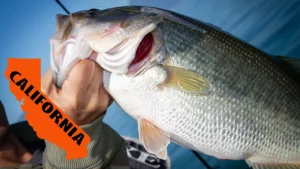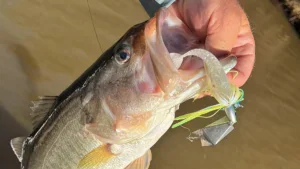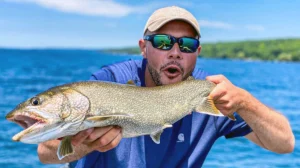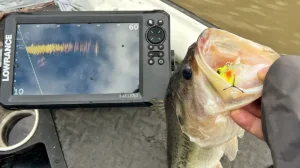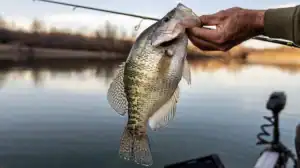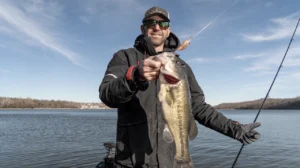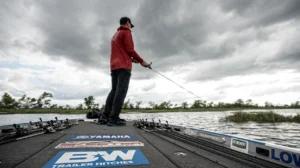How many times have you seen a lure burst onto the scene and become wildly popular for a while — everybody’s throwing it; everybody’s catching bass on it — then, mysteriously, the bite slows down and that bait becomes yesterday’s news?
Well, it’s no coincidence. Fisheries biologists and professional anglers alike are convinced that bass have the ability to learn. When they’ve had a negative experience with a bait they’ve seen too often, they are going to remember. Exactly how long they remember is up for debate.
Let’s not give them too much credit; they aren’t swimming geniuses, but they can become conditioned to perceived threats: things that look out of ordinary in their world, said Mark Sexton, director of fishing science and product testing for Pure Fishing and Berkley.
Why Bass Have the Ability To Learn

Bass are born with some inherent traits, but they quickly learn to adapt to their surroundings and they learn to do things in the most efficient way.
“There is evidence that [bass] are very familiar with the places where they choose to live,” Sexton said. “They know where every brush pile is, every big rock, what every channel is. That’s their home and that’s where they feel comfortable.
“They learn different things to make their lives easier. For example, in the spring, a big female bass might learn that eating something big gives her more energy than feeding on 100 small minnows.”
Sexton said he is “100% sure” that bass can learn.
“Through our research, we’ve found that bass can remember for up to three months and possibly longer,” he said. In one study in the Berkley labs, that notion was tested. Bass in a large tank were studied for their reaction to a hard bait that was dragged past them.

“The first time, every one of those bass hit the tar out of that bait,” Sexton said. “We waited a couple days and did the same thing and only a few of them would hit. We repeated that procedure multiple times, and after three months, they just wouldn’t touch that crankbait.”
That confirmed what many pro bass anglers have experienced in the wild. Especially in lakes where bass are exposed to heavy fishing pressure, it doesn’t take them long to figure out the game.
Fishing Pressure and Bass Conditioning
“Maybe you go to a lake for the first time and you ask the locals what the bass are biting on, and they tell you that you have to use fire tiger baits,” said Jimmy Houston, one of bass fishing’s all-time greats. “But in reality, that’s the last thing you should do. You have to give the fish a different look.”
Mike Iaconelli, another Hall of Fame bass fishing pro, agrees; he is convinced that bass get conditioned by fishing pressure.
“I’ve seen too many times where the bass get smart; they get skittish when they get a lot of fishing pressure,” he said. “They get conditioned to certain baits they see a lot. But they’ll still hit if you switch it up. New techniques, new baits, varying your retrieve, getting reaction strikes, trying different colors—that all part of the puzzle.”
It’s called learned behavior, but not all bass are programmed to learn as quickly as others.

Sexton cited one study where a researcher tagged bass in a small body of water and had anglers report when they caught one of the fish. Most of the bass were caught an average of twice a year. But one was caught and released 16 times.
That corresponds to what fishermen experience in the wild. I remember hooking a bass and having it break my line. I went back to that same point a couple days later and caught a bass on a different bait with my grub still in its mouth.
But that’s the exception, not the rule. In general, bass become conditioned to become wary of things associated with negative experiences.
That might call for a change of strategy by fishermen, but fish can still be caught.
“When a lake is getting a lot of fishing pressure, I see whatever everyone else is using, then I want my baits to be smaller, more natural, to get more bites,” said Matt Becker, one of the top pros on the Major League Fishing Bass Pro Tour. “I downsize all my baits, line, hooks, weights, everything. I go as light as possible. I want to finesse the fish.”


